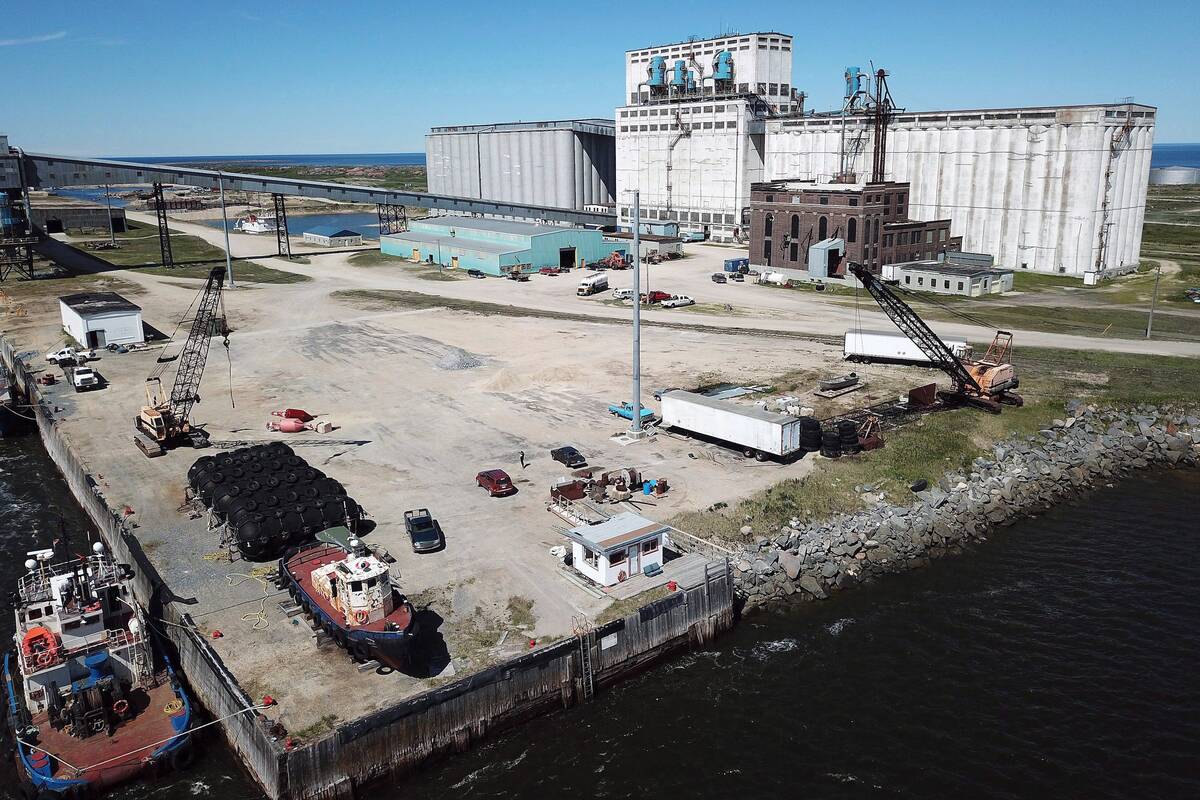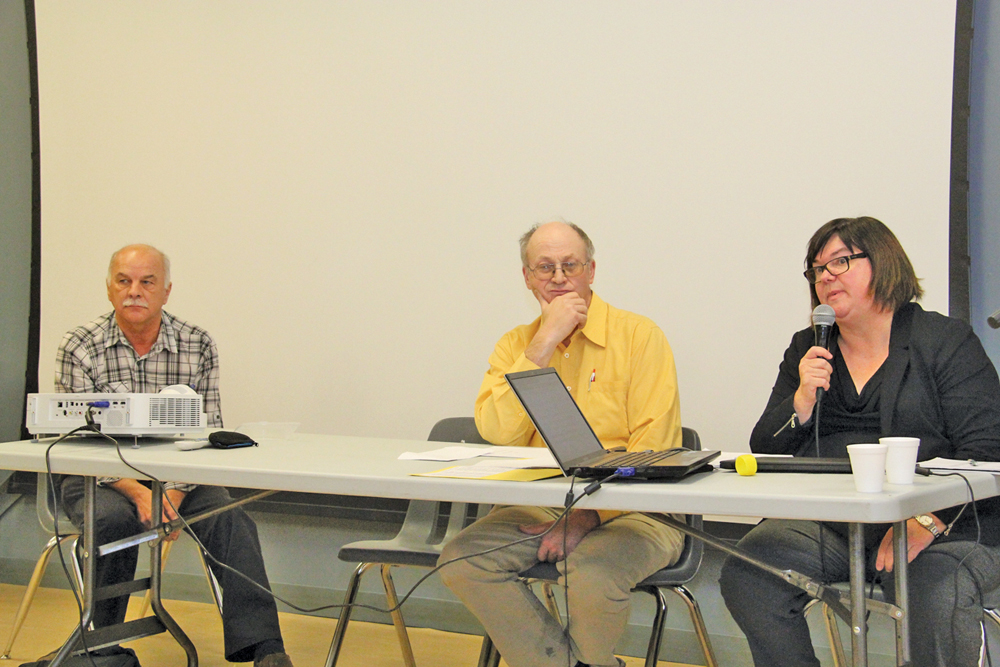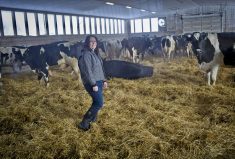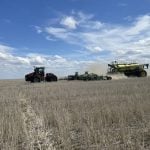Only Canadian citizens and permanent residents can own more than 40 acres of Manitoba farmland, but the board that oversees the Manitoba Farm Land Protection Act has concerns about loopholes and pressure from corporate investors.
“The board has identified a number of issues out there… one being the purchase (of farmland) by investment groups and pension plans (and) purchases by conservation groups,” Judy Roeland, the board’s program specialist, told the Keystone Agricultural Producers’ (KAP) General Council here Oct. 29.
Roeland said there have been allegations of farmland purchase by ‘straw’ permanent residents, often from China, but that these cases are difficult to track.
Read Also

Air, land and sea join forces as Manitoba launches Arctic trade corridor plans
Manitoba wants to take its Arctic trade routes to the big leagues. The Port of Churchill, CentrePort Canada and Winnipeg airport have all raised their hands to help it happen.
The board is also concerned that foreigners who purchased farmland before the act took effect in September 1984 can legally transfer ownership to other foreigners through a corporation, Roeland said. Shares in a corporation that owns farmland are not considered an interest in farmland.
“It’s an area the board has identified as a possible loophole and one that they would like to see changed in the act,” she said.
- More on the Manitoba Co-operator: Farmers, not investors pushing up land price
Some rural municipalities are worried land bought by conservation groups such as Ducks Unlimited Canada and the Nature Conservancy of Canada are taking too much land out of farming, undermining the local economy. Both have to apply to the board for an exemption to buy Manitoba farmland because they are not 100 per cent Canadian owned or controlled, Roeland said. The board only grants exemptions if it believes there’s a significant benefit to the province or it’s in the public interest.
The Manitoba government has not launched a formal review, but the board is constantly reviewing the legislation, board vice-chair Bragi Simundsson of Arborg told reporters.
“We have told the minister (of agriculture Ron Kostyshyn) these are concerns that we have,” Simundsson said.
The current act and board do a good job protecting Manitoba farmland, Kostyshyn said in an interview Nov. 2. He wouldn’t commit to following the Saskatchewan government’s lead by launching a formal public review of the legislation.
“We’ve got the necessary policies in place to minimize those risks,” he said.
“I’m always open to suggestions from the board and we continue to work and if it’s a situation that needs to be done sooner than later we will address it, but at this point in time we’re in a better position than Saskatchewan, which is trying to catch up with our regulations.”
Pension funds ineligible
The act ensures Manitoba farmland is preserved for present and future generations of Canadians, Roeland said.
“By limiting the speculation in farmland it (act) supports two goals, the first being that it’s to maintain opportunities for Canadians to acquire farmland in Manitoba for agricultural purposes,” she said. “And the second is rural development — to support the development of strong rural communities.”
Just as it’s illegal for non-Canadians to own more than 40 acres of Manitoba farmland, the same applies to corporations, Roeland said. As a result most pension funds are ineligible, she said.
“The concern is just that they (pension funds) are interested in purchasing farmland,” Roeland said. “We know that they have signalled their interest and that’s an area the board has said that’s a concern of the public.”
Oct. 20 the Saskatchewan government announced it’s amending its farmland ownership act specifically making “pension plans, administrators of pension fund assets and trusts not eligible to buy (Saskatchewan) farmland” (see sidebar).
The Manitoba board received an exemption application from a pension plan in British Columbia, Roeland said.
“We’ve had some calls from investment groups but so far they haven’t put up a proposal,” she added.
In the meantime the board wrestles with the implications of allowing farmland already in foreign hands to be transferred to other non-Canadians, Roeland said. The land is rented to Canadian farmers and is important to their operations.
“However, if the board continued to grant exemptions… it could allow the ownership of farmland to remain in another generation of non-Canadian ownership and it could lead to the land being held by non-eligible people in perpetuity,” she said.
Manitoba farmland buyers must sign a declaration saying they are eligible to own the land. The onus is on buyers to prove they are eligible.
Those contravening the act face fines of up to $50,000 and must sell the land within a year, although the board can grant an extension. The fines can also apply to those who assisted the purchaser, including real estate agents, lawyers and the vendor.
The board allows too many exemptions, Starbuck farmer Linda Nielsen told the board.
“If we’re going to keep our agriculture in Manitoba and keep our province thriving with our younger generation, things have to change,” she said.
Starbuck farmer Chuck Fossay wants the act strengthened, he said in an interview. The board only acts when it gets a complaint rather than checking all sales to ensure compliance, he said.
“I think there are a lot of sales made to foreign owners that are slipping through the current regulations,” he said.
Suspected breaches should be reported to the board, which will investigate, said Farm Industry Board chair Greg Perchaluk.


















